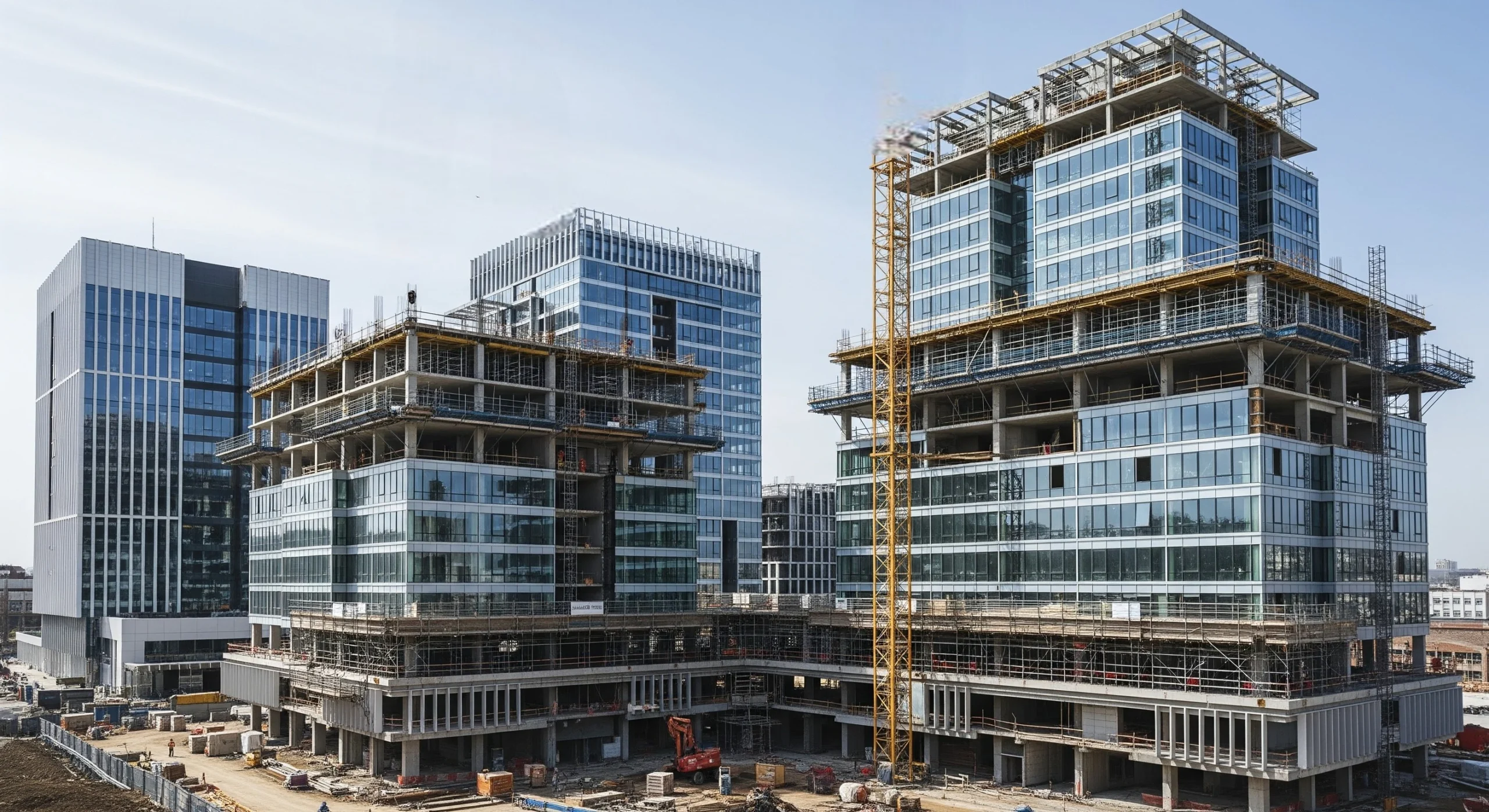Houston is the fourth largest city in the United States in terms of population. It’s home to more than 2.3 million people. This creates immense business opportunities. No wonder, many are tapping Space City for ventures in different industries. Commercial real estate is thriving.
It’s not enough that there are plenty of opportunities. Understanding the market drivers is essential for success. Learn about the competitive landscape. Be familiar with the legal dynamics. Understand how shifting market conditions affect business operations.
Are you thinking of starting a business in Houston? Be armed with the right knowledge and set yourself up for success!
Key Industries Driving Commercial Demand

Diversity is the name of the game. The local economy isn’t tied to a single sector. It’s dominated by a mix of established industries and emerging markets. Such helps build resilience during downturns and attract investors interested in having a share of the Texas economy.
Energy
Houston wears many hats. Among others, it’s known as the energy capital of the world. Some of the largest oil and gas companies are based in the city. Chevron and Exxon Mobil are among the most prominent names. There are over 4,700 firms in the energy sector operating in the metro area. More so, it hosts more than 270 clean-tech and climate-tech startups, demonstrating its rise as a hub for green energy.
Healthcare and Life Sciences
The home of the Texas Medical Center, Houston takes pride in having the largest medical complex in the world. It also has the largest children’s and cancer hospital, recording over 10 million annual patient encounters. On average, it has over $1.9 billion research investment in health and life sciences.
Logistics
The central geographic location of Houston makes the area a hub for global logistics. Its efficient transportation structure adds to its appeal. It has one of the biggest multi-port systems in the country and one of the world’s busiest ports. Meanwhile, the extensive network of highways makes it easily connected to nearby cities and states.
Legal Considerations in Houston’s Commercial Market

Complex contracts, environmental regulations, and local ordinances require legal understanding. The failure to understand the legal landscape can lead to significant penalties.
A wrong step can expose property owners, tenants, and businesses to legal liabilities, such as when there are injury claims on commercial premises. Consult Houston legal experts or nearby Dallas, Texas personal injury attorneys to build a strong case and navigate the legal landscape. Doing so can help prevent business disruptions while building a solid reputation.
Zoning and Deed Restrictions
Houston lacks formal zoning laws. But that doesn’t mean there are no guidelines for commercial property developments in the state. Deed restrictions are in place. They limit how you can use a commercial property or the types of businesses allowed. They also dictate structural limitations, such as building height. Knowing city ordinances is also critical before business operations.
Environmental Compliance
Phase I and II Environmental Site Assessment are crucial for evaluating a property’s environmental liabilities. Aside from a review of pertinent records, the assessment includes a site visit and inspection to flag potential issues. Buyers can inherit expensive liabilities with long-term consequences without these reports. Meanwhile, coastal construction requires adherence to floodplain standards.
Emerging Growth Areas: Where to Invest Right Now

Traditional business hubs in Houston remain strong, driven by high demand. However, several under-the-radar zones are also gaining popularity for their commercial potential. Areas just a few minutes out of Space City present vast opportunities for those who want to be close while taking advantage of cheaper costs, especially in terms of rent or lease.
Woodlands
Located north of Houston, Woodlands is an excellent community for retirement. It’s attracting more than senior residents. The suburb is a hotspot for office leasing, recording up to 90% leased spaces. This is higher compared to the 75% average in Houston.
Valley Ranch
An area that occupies 1,400 acres and is located 30 miles northeast of downtown Houston, Valley Ranch has two major highways that fuel accessibility. It has a master-planned community that makes it attractive for businesses across different fields, such as medical, retail, and entertainment.
Sugar Land
A part of the Greater Houston Metropolitan Area, Sugar Land is a cultural and commercial nucleus in Fort Bend County. The rent here is slightly lower compared to Houston averages, presenting an alternative to commercial real estate seekers on a budget. The expansion of Texas Medical Center in the area is one of its growth drivers.
Wrapping Up
Houston is a vibrant and diverse city that presents a long list of business opportunities. Those looking for commercial real estate will be confronted with a wealth of possibilities.
Understanding the key industries is a must to gauge the competitive landscape. Meanwhile, familiarity with the legal environment helps you build a compliant business. For those seeking opportunities beyond the main business hubs, several growth areas surrounding Houston are worth considering.